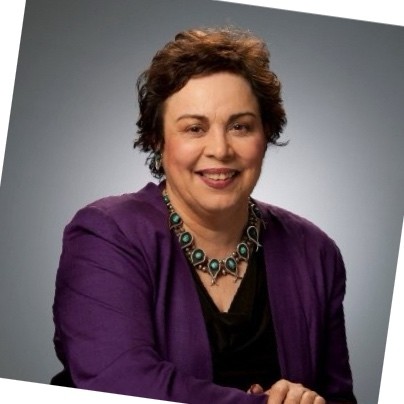Education systems are shifting towards individualized instruction, where AI-driven tools and data analytics tailor learning experiences to each student’s needs. Schools are incorporating adaptive technologies that adjust coursework based on student performance.
Hybrid and Remote Learning Are Becoming Permanent
The traditional classroom model is evolving, with institutions integrating online and in-person learning. Virtual platforms are expanding, providing flexible study options for students who require alternative learning environments

Skill-Based Learning Is Gaining Preference Over Degrees
Employers are prioritizing hands-on experience and job-ready skills over formal degrees. Schools are revising curricula to emphasize project-based learning, internships, and certification programs that align with workforce demands.
Artificial Intelligence Is Reshaping Teaching Methods
AI is automating grading, providing real-time feedback, and assisting teachers with personalized lesson plans. Chatbots and virtual assistants are supporting students with queries and coursework, reducing administrative burdens.
Early Education Is Shifting Towards Cognitive Development
Preschool and elementary education are focusing more on problem-solving, creativity, and emotional intelligence rather than rote memorization. Interactive and experiential learning methods are replacing traditional instruction techniques.
Higher Education Enrollment Is Declining
Universities are facing reduced enrollments due to rising tuition costs and the availability of alternative learning pathways. Short-term certifications, micro-credentials, and online degree programs are emerging as popular choices for students.

Technology Is Reshaping Assessment Methods
Standardized testing is being reevaluated in favor of continuous assessments, gamified learning experiences, and AI-driven performance tracking. These approaches aim to measure student growth more effectively.
The education landscape in 2025 is undergoing major shifts, challenging traditional systems and introducing new learning opportunities that align with the demands of a rapidly changing world.

I have 20 years of experience in higher education leadership. I held prominent academic positions at various institutions, concentrating on key areas such as student learning, faculty development, curriculum design, and institutional accreditation. As the Team Chair for eleven accreditation evaluations with the Middle States Commission on Higher Education, I have successfully directed thorough assessments that uphold academic standards and regulatory requirements. Furthermore, I have provided consulting services to major international institutions, offering guidance on accreditation processes, strategic planning, and governance frameworks. Her extensive knowledge in assessment, budget management, and collective bargaining and her commitment to academic excellence and institutional effectiveness make her a passionate champion for shared governance in higher education.
